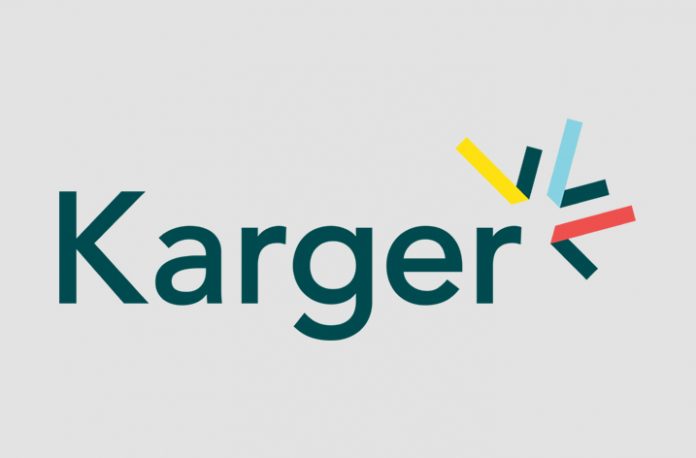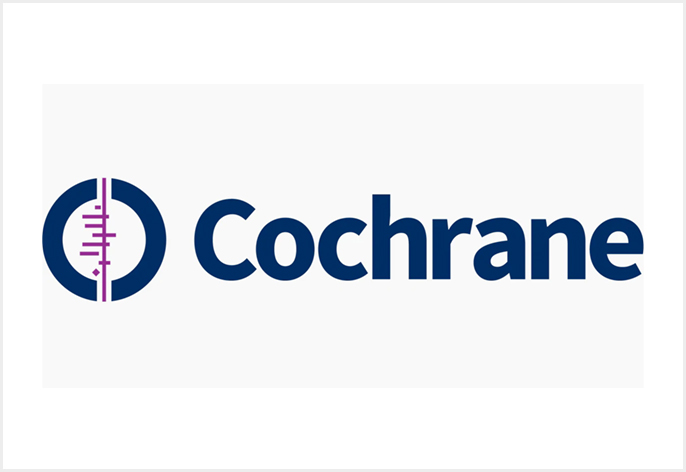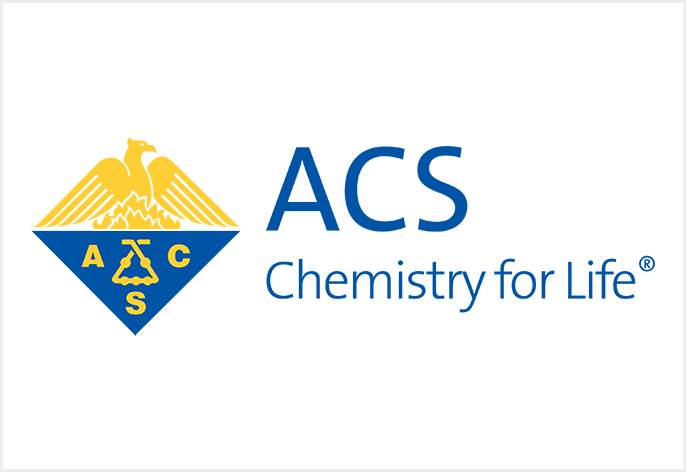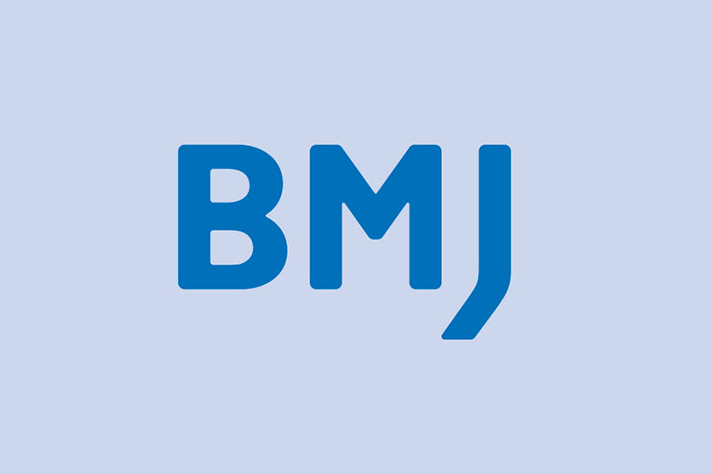Springer Nature and the Australian Academy of Science release first national survey on attitudes towards research integrity in Australia
The results of the first national survey to investigate research integrity in Australia, a collaboration between the Australian Academy of Science and publisher Springer Nature, indicate broad support for mandatory research integrity training. The survey found that whilst 68% of respondents stated that their institution offered research integrity related training and 50% stated it was mandatory, 73% felt that such training should be mandatory for all those holding a research position.
Key findings from the survey include:
- When asked to describe Research Integrity, including practices related to it, 86% of the responses focused on positive research traits, the most popular being ethical, honest and transparent. Under 10% of responses made statements related to research misconduct.
- 68% of respondents indicated that their institution provided training on research integrity, with 88% of institutional management responding in the affirmative, as compared to 72% of senior researchers, 69% of midlevel researchers and 65% of early-career researchers.
- Current training has a greater focus on policy and guidance than practical skills, yet eight of the top ten subjects that respondents felt would be most beneficial related to practical data related topics such as data storage and management.
- A quarter of those surveyed felt that there was a research integrity problem in their field, but this concern was disproportionately distributed, with many more researchers from the life sciences indicating concern than those from the physical sciences.
Upon publication, a full summary of the results can be found here.
Professor Ian Chubb AC, Secretary for Science Policy at the Australian Academy of Science, said it is vital that research in Australia and globally is conducted ethically and with integrity, so that the public and government can have confidence in its outcomes.
“Greater consistency in the provision of research integrity training along with a greater uptake among those working in the sector, particularly among early career researchers is one way to meet that objective.”
Dr Ed Gerstner, Director of Research Environment Alliances at Springer Nature, added: “A smaller scale survey from 2019 that looked across multiple countries suggested that Australia was a world leader when it comes to delivering research integrity training at research institutions. These results look to support that, with both surveys finding around 68-69% of Australian institutions providing such training. Whilst these numbers are encouraging, it’s notable that awareness is lower for early career researchers, and that more detailed training focussed on specific needs would be welcomed.”
The survey was conducted between December 2020 and November 2021 and aimed to investigate perceptions of research integrity and good research practices and training at Australian research institutions. Questions were addressed to both institutional management and researchers/faculty members to deliver a baseline review of perceived levels of training in research integrity and good research practices at research institutions, including training in statistics, data management, data sharing and mentorship. Almost one thousand responses, including from 35 universities, representing 85% of universities in Australia, were received and analysed.
Chris Graf, Research Integrity Director at Springer Nature concluded: “It’s interesting to note that 73% of respondents support mandatory training on research integrity, yet only 26% felt that there was a problem with lack of research integrity in their field. This very much supports our position that training in research integrity is absolutely about embedding good responsible research practices.
“This survey continues Springer Nature’s work to support good practices internationally by understanding research integrity training and needs through national surveying. We hope to launch similar surveys in other countries soon to add more data to the evolving picture of training in research integrity globally.”































